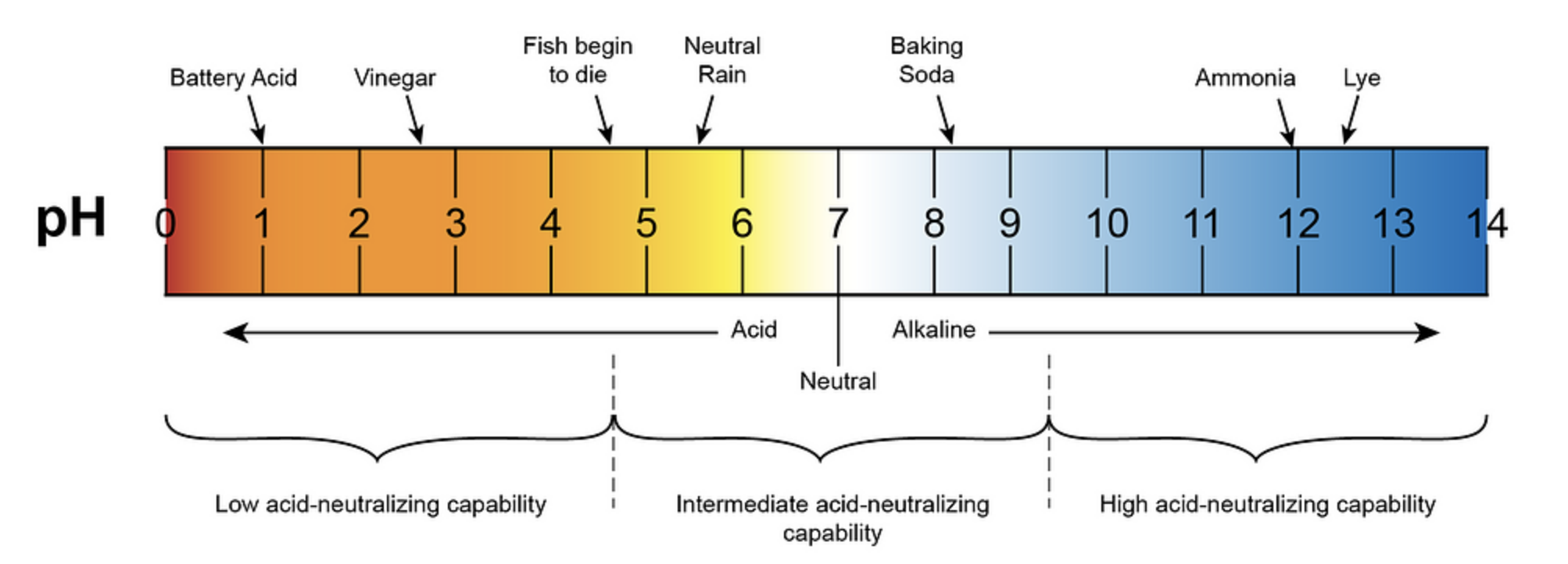The pH levels of black tea and black coffee are crucial factors to consider, especially for individuals with sensitive stomachs or those prone to acid reflux. While both beverages are acidic, understanding the differences in their acidity can help you make informed choices and manage your consumption accordingly.
Understanding the pH Levels
Black coffee typically has a pH range of 4.5 to 6, while black tea has a pH range of 4.9 to 5.5. This means that black tea is generally less acidic than black coffee. In contrast, green tea has an exceptionally high pH of approximately 10, making it significantly less acidic than both black tea and coffee.
| Beverage | pH Range |
|---|---|
| Black Coffee | 4.5 – 6 |
| Black Tea | 4.9 – 5.5 |
| Green Tea | ~10 |
Factors Affecting Acidity
The acidity levels of black tea and coffee can be influenced by various factors, including:
-
Brewing Method: The way you brew your tea or coffee can impact the acidity. For example, steeping tea leaves for extended periods can increase acidity, while adding milk or cream can help neutralize it.
-
Contaminants and Chemicals: The presence of certain contaminants, chemicals, and substances in black tea and coffee can also affect their pH values and overall quality. For instance, black coffee contains high levels of carbohydrates, sucrose, and monoxide, which can lower the pH of saliva and potentially lead to tooth decay.
-
Bacterial Fermentation: The fermentation of carbohydrates into acids by bacteria present in the mouth can also lower the pH of saliva, contributing to the acidity of black tea and coffee.
Mitigating Acidity-Related Symptoms
For individuals with sensitive stomachs or acid reflux, managing the acidity of black tea and coffee can be crucial. Here are some strategies to consider:
-
Experiment with Brewing Methods: Try brewing your tea for a shorter duration or using whole leaf black teas, as these methods can help reduce acidity.
-
Consume with Food: Consuming black tea or coffee with food can help mitigate acidity-related symptoms.
-
Explore Alternative Options: Consider switching to less acidic varieties of black tea or exploring green tea, which has a significantly higher pH.
-
Monitor Consumption: Pay attention to how your body reacts to black tea and coffee, and adjust your consumption accordingly.
Maintaining Oral Health
The acidity of black tea and coffee can also impact oral health. Black coffee, for example, contains high levels of carbohydrates, sucrose, and monoxide, which can lower the pH of saliva and potentially lead to tooth decay.
On the other hand, black tea has antibacterial effects that can help prevent plaque buildup and maintain a healthy oral environment. To balance the pH levels and promote oral health, it is recommended to consume these beverages in moderation and explore brewing methods that minimize acidity.
Conclusion
Understanding the pH levels of black tea and black coffee is crucial for individuals with sensitive stomachs or those prone to acid reflux. While both beverages are acidic, black tea is generally less acidic than black coffee. By considering factors such as brewing methods, contaminants, and consumption habits, you can make informed choices and manage the acidity of your beverages to promote overall health and well-being.
References:
– Healthline. (n.d.). Is Tea Acidic? Know the Facts. Retrieved from https://www.healthline.com/food-nutrition/is-tea-acidic#black-tea-ph
– YouTube. (2023, October 28). Tea or Coffee: Which is more Acidic? [Video]. Retrieved from https://www.youtube.com/watch?v=whvw9-rR4W4
– Williams Coffee Co. (n.d.). Is Tea Less Acidic Than Coffee? Exploring the pH Levels and Health Benefits. Retrieved from https://williamscoffeeco.com/is-tea-less-acidic-than-coffee-ph-levels/
– Reddit. (2022, October 17). How make black tea less acidic? Retrieved from https://www.reddit.com/r/tea/comments/y6cqdk/how_make_black_tea_less_acidic/
– Arc Journals. (2017). The Effect of Black Coffee and Tea Consumption to Saliva Degree of Acidity in Preventing Tooth Decay. Retrieved from https://www.arcjournals.org/journal-of-dental-science/volume-2-issue-3/3

